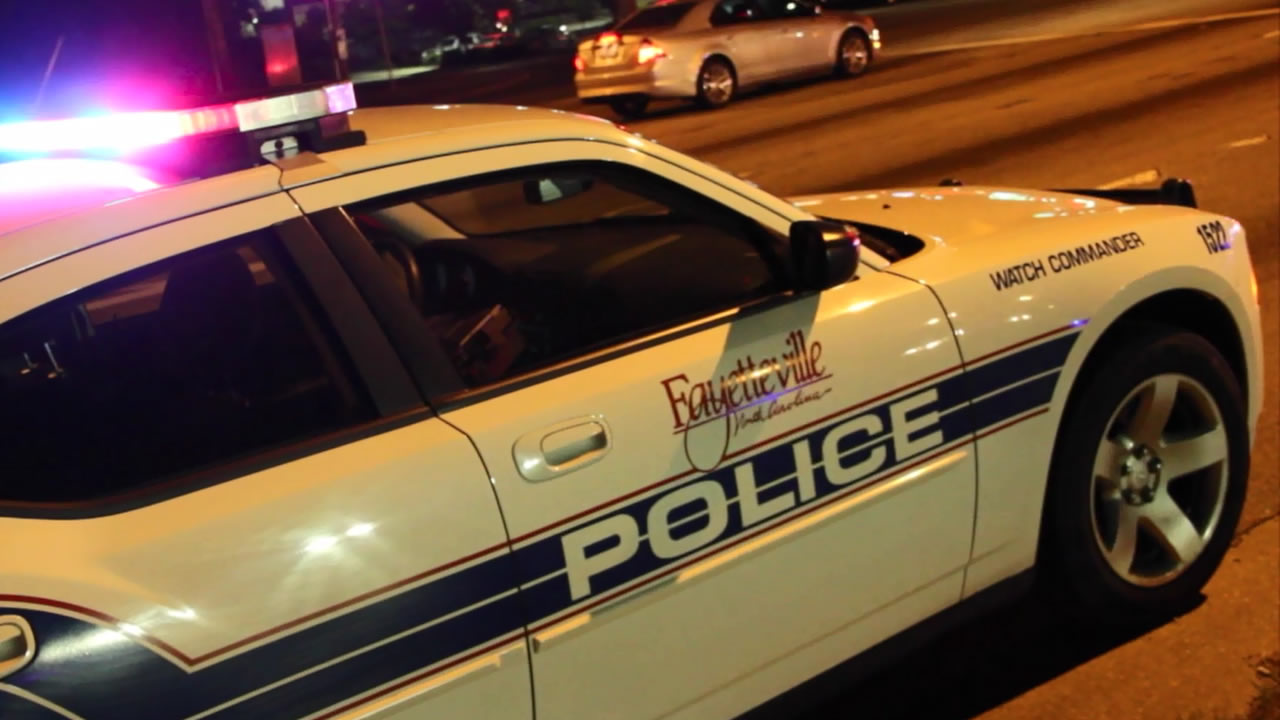Wake County on road to new transportation plan
RALEIGH (WTVD) -- If you geek out on talk of comprehensive transportation plans, or if you live in Wake County, this story is for you. If you pay Wake taxes, drive on Wake roads, use Wake buses, or are interested in taking a train to the airport, this story is also for you.
This year, Wake County notched past the one million resident mark and it's slated to double in the next few decades. That has many people -- primarily progressives -- pushing for a transit plan that accommodates for that kind of growth. And next Monday (Dec. 8), folks who've been advocating for that will get what they've wanted for years -- a meaningful starting point.
Wake County and other stakeholders will put on the first of many informational and Q&A sessions, aimed at putting together a new mass transit plan to sustain the county for the next 20-30 years. In 2011, a similar plan was introduced but the Republican Board of Commissioners had been letting it gather dust. Advocates of a new transportation plan say they expect the old plan will be used in the overall process, but they also expect a fresh start in the conversation.
"They aren't starting from scratch," said Karen Rindge, with the progressive group WakeUP Wake County. "They have the 2011 plan and they will be using a lot of that information to feed into developing that new plan."
Rindge's group has been at the center of the push to develop a comprehensive plan. She says the landscape changed fundamentally when Democrats swept the November elections for the Wake County Board of Commissioners, giving the party total control. And that means something will almost certainly happen. As for what that will be, Rindge says that's what the county needs to figure out over the next few months.
"We now have the county leadership to move our community forward with transit and it's a very exciting opportunity," said Rindge. "As an organization, we're very concerned about how we're going to plan for the doubling of our population, how we're going to plan for growth. This is exactly what we need to be doing as a community."
Not everyone is as optimistic.
Paul Fitts, with the more conservative Wake County Taxpayers' Association, will also be at Monday's meeting.
"What I expect to hear and I want to hear might be two totally different things," Fitts said. "We want to see something that is smart. Something that is not going to overwhelm taxpayers. We want to see the necessity. We want to see the future necessity. We want to know how it's not going to impact property tax owners."
Fitts is concerned about two things in particular: the 1/2 cent sales tax hike that's likely to accompany any transit plan and the potential for light rail, which the Taxpayers' Association is concerned would be a financial boondoggle.
"Do you think this area is ever going to be the size of Atlanta or Dallas," Fitts asked. "Those are the areas we need to be compared to. We see the future need for bus expansion throughout the county. We see that. But we couldn't see any reason at all for a rail system."
Click here for more information on commuter rail.
And as for that tax hike, Fitts says his group would like to see bus riders -- not property owners -- foot the bill for expanded buses in the Capital City. "I'd rather see increased fees on the people who are actually going to ride the thing versus increasing money on property tax owners."
Rindge points out that a transit plan will cost money and supports a 1/2 cent sales tax hike. She also says any plan will likely focus first on buses, not trains.
"We do believe that the first step is going to be a much better and much improved bus system and then we're going to look towards rail. Light rail is going to be much more expensive and it's going to require funding that we're going to have to get outside the county," said Rindge.
One area of common ground between Fitts and Ringe -- the notion that this issue should be put up for a vote. If the 1/2 cent sales tax hike does go to referendum that will likely happen in 2016. Last year, the Republican-led legislature passed a law prohibiting municipalities from putting tax hikes on the ballot in non-general election years.





